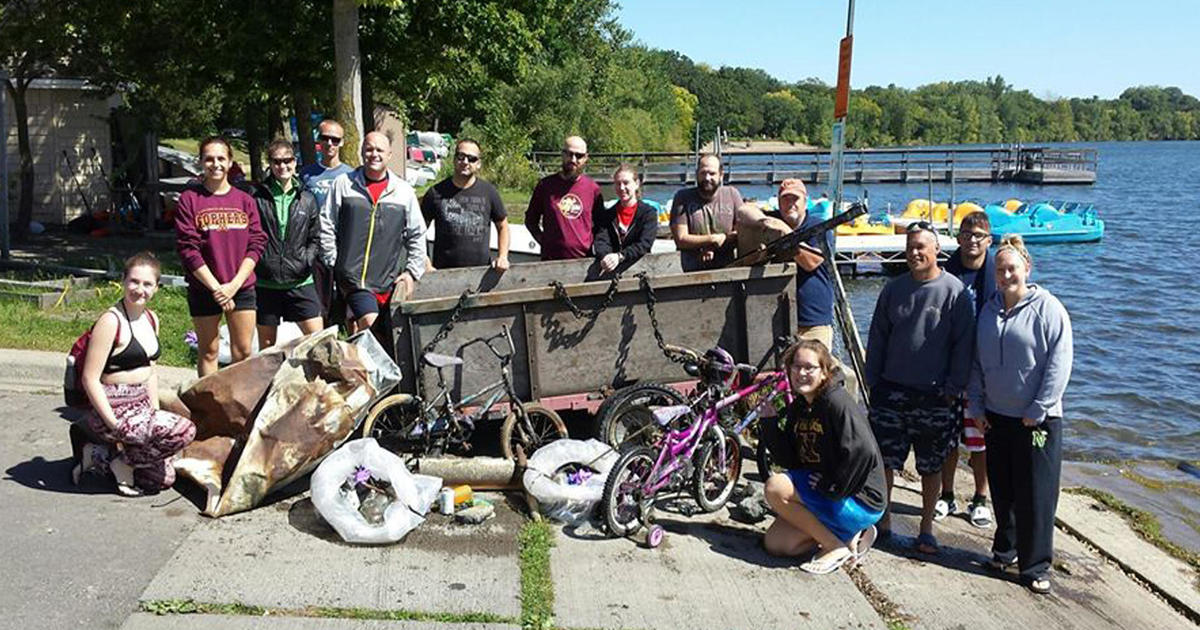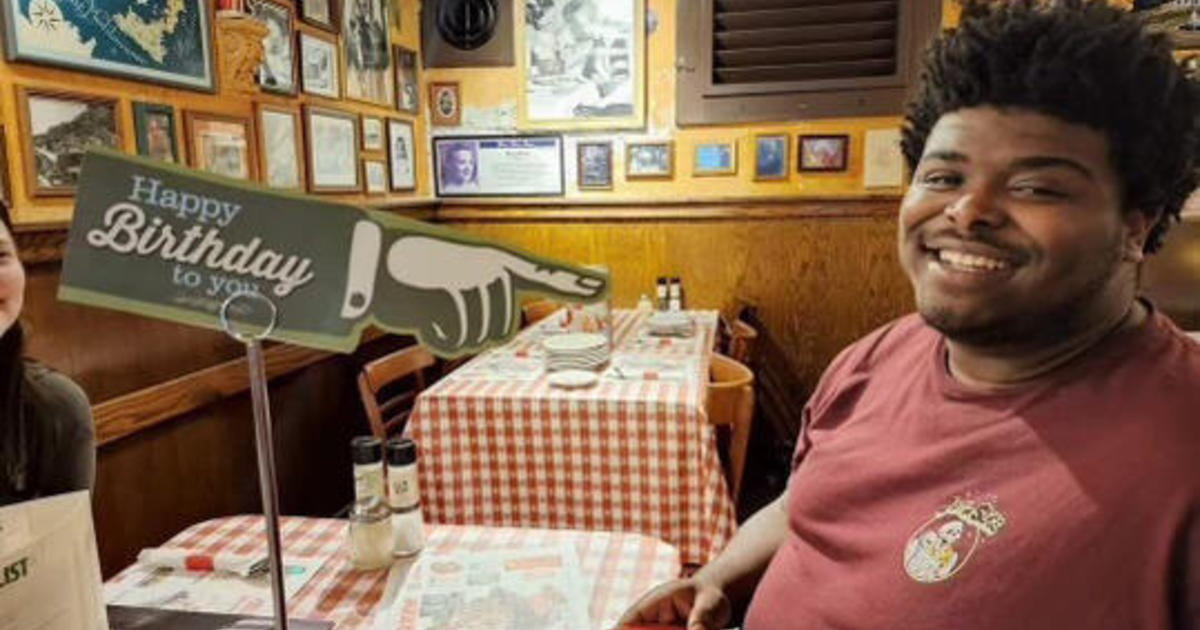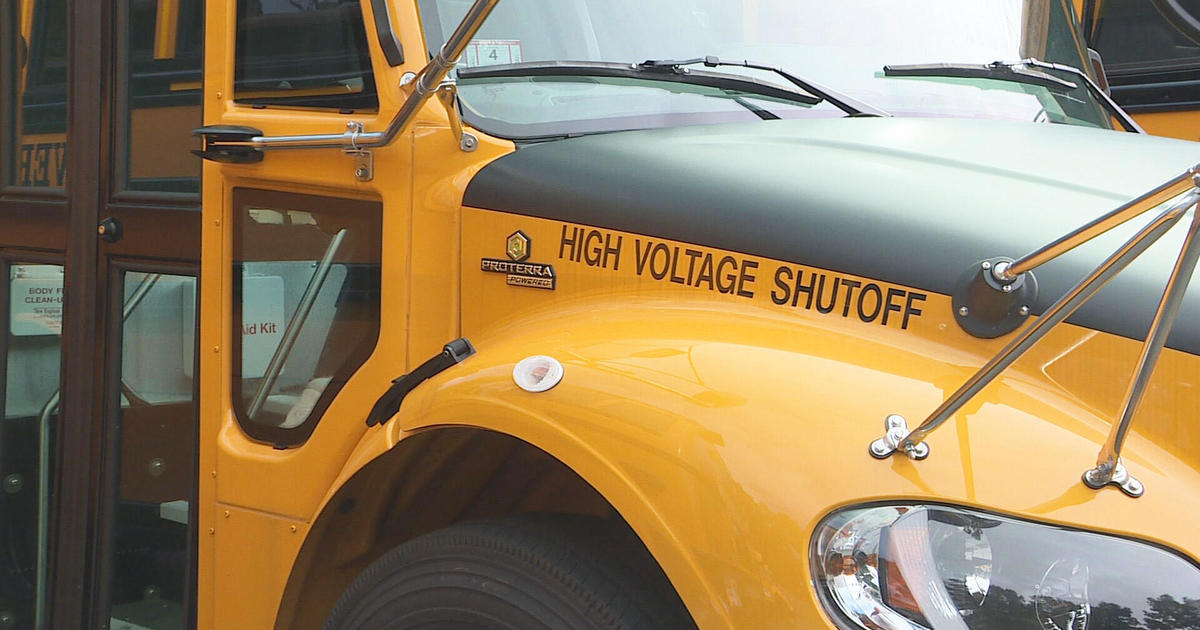Independence Party Setbacks Threaten Major Status
ST. PAUL, Minn. (AP) — It hasn't been a banner month for Minnesota's "other" major party.
The Independence Party, a presence on the state political scene since Jesse Ventura was governor, saw a preferred Senate candidate lose a primary Tuesday. Leadership is now disavowing the nominee. And the party's choice for governor, Hannah Nicollet, won't have much money this fall after missing out on a $220,000 campaign subsidy because she failed to raise enough money to unlock it.
The tough start comes in a critical election: The IP's major-party status is on the line this fall because its 2012 Senate candidate failed to get 5 percent of the vote. A consecutive election without a statewide candidate passing that mark would mean revocation of the status, which comes with automatic ballot access and eligibility for public campaign subsidies.
"I don't think you can call our death yet," party chairman Mark Jenkins said in an interview Thursday. "But November is going to be a little bit bigger of a challenge than we thought it would be."
Party-endorsed Senate candidate Kevin Terrell, a business consultant with foreign intelligence credentials, fell in the primary to frequent candidate Steve Carlson, whose only real campaign presence is a website that touts his tea party ties. Carlson's edgy commentary on the site has Jenkins alarmed and arguing the candidate is out of step with party philosophy.
Jenkins had hoped Terrell would be a real factor in the race between Democratic Sen. Al Franken and Republican Mike McFadden. Terrell, asked about the takeaway from his loss, didn't want to talk.
"You guys weren't interested in talking to me before so I'm not interested in talking to you now," he said in a brief phone interview.
As for the governor's race, Nicollet presents herself as a middle-of-the-road choice between Democratic Gov. Mark Dayton and Republican Jeff Johnson. But there's no guarantee she'll be included in debates as past Independence Party candidates have. Johnson said his team is weighing whether to push to have Nicollet in or out; Dayton's campaign says they'll leave it to debate organizers, some of whom require candidates to have a certain level of support in polls.
Tom Horner, who won 12 percent of the vote as the party's nominee for governor in 2010, said the struggles are "enormous setbacks."
"The party will be seriously challenged this year to hold the base of voters that has been built and to maintain its major party status," Horner said. "If it loses the major party designation, it will be the practical end of the IP."
Bob Helland, a management analyst for a state agency, is the IP nominee for secretary of state — the lone statewide race without an incumbent. He said that makes his campaign the likeliest for a breakthrough.
Helland squeaked out a 3-percentage point win in his secretary of state primary against a candidate who reported spending no money. Helland said it shows the party and its endorsed candidates can't rely on a limited infrastructure to carry them through.
"Along with get out the vote, we need to get out the media," Helland said.
Lawyer Brandan Borgos, the party's candidate for attorney general, said he plans to spend much of the campaign working for votes on college campuses, appealing to voters who don't have deep ties to the Democratic and Republican parties. He said it's far too soon to count the Independence Party out.
"We still have a better shot than other third parties because we're a centrist party," Borgos said. "I don't see us on the edge. I see us on the cutting edge."
(© Copyright 2014 The Associated Press. All Rights Reserved. This material may not be published, broadcast, rewritten or redistributed.)



